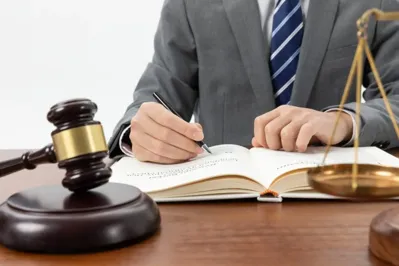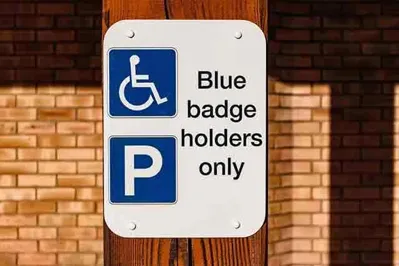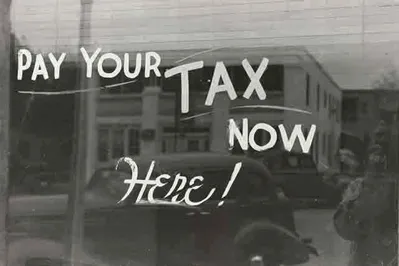Navigating the legal system can be intimidating, especially for those facing financial constraints. Pro bono lawyers play a pivotal role in offering free legal help to individuals who cannot afford professional representation. By ensuring that everyone has access to justice, these lawyers make the legal process more inclusive and fair. This guide outlines practical steps for finding pro bono legal services and the valuable assistance they provide.
![]()
What Are Pro Bono Legal Services?
Pro bono legal services are voluntary, free legal assistance provided by lawyers to individuals with limited financial means. These services often focus on key areas such as family law, housing, immigration, consumer protection, and more. By bridging the gap between legal needs and affordability, pro bono lawyers help ensure fair treatment for all. Many law firms and legal organizations actively support such initiatives to promote justice and equality.
Where to Find Pro Bono Legal Services
- Local Bar Associations
Bar associations are a reliable starting point for locating pro bono lawyers. Many offer:- Referral programs connecting people with attorneys who provide free or low-cost services.
- Legal aid clinics and educational workshops, where participants can consult specialists in different areas of law.
- Legal Aid Organizations
Nonprofits like Legal Services Corporation (LSC) collaborate with pro bono lawyers to address diverse legal issues. These organizations prioritize helping underserved populations. By visiting their websites or contacting them directly, you can gain access to tailored legal assistance. Many states also have their own legal aid programs designed to address local needs. - Online Legal Directories
Websites like LawHelp.org and Pro Bono Net are valuable tools for finding free legal help. Features include:- Directories of lawyers and legal aid organizations offering free services.
- Online tools for preliminary consultations to help clarify your legal rights and options.
- Law Schools and Legal Clinics
Law schools often run legal clinics where students, guided by professors, offer free services to the community. These clinics frequently handle:- Tenant-landlord disputes
- Criminal defense
- Public benefits cases
Engaging with a local law school clinic not only provides free assistance but also supports the training of future legal professionals.
Why Pro Bono Legal Services Matter
Pro bono lawyers offer more than legal representation. They empower clients by helping them:
- Understand their legal rights and responsibilities.
- Navigate the complexities of legal systems.
- Draft critical documents and resolve disputes effectively.
Their support often addresses immediate concerns while fostering long-term stability and awareness.
Taking Action: Your First Steps
To connect with a pro bono lawyer:
- Research local and state resources through bar associations or legal aid websites.
- Reach out to organizations directly to learn about eligibility and available services.
- Engage with law schools or online platforms for consultations and referrals.
Remember, pro bono assistance demonstrates that financial challenges should never stand in the way of justice. This guide underscores the value of free legal help and highlights accessible resources for securing skilled, compassionate representation. By utilizing these strategies, you can navigate the legal system with greater confidence and ease.


